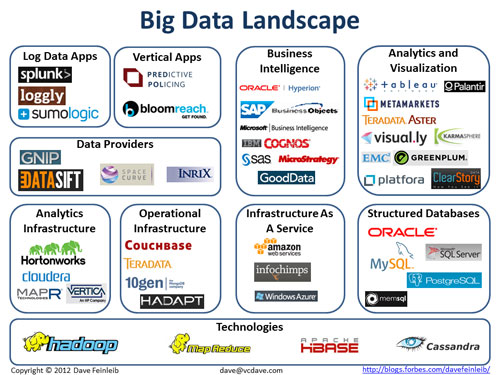The Deloitte Tech Trends 2012 report's theme is "elevating IT" in a post-digital business environment, so its focus is on how IT can make an impact, and how the described trends present "an opportunity for IT to truly help elevate business performance" (Preface).
Will these technological trends be disruptors or enablers? Essentially, the way each trend affects your organization is up to IT leadership. The degree to which each technology trend will be disruptive or enabling within your organization depends on how proactive/progressive you are in implementing it.
BYOD and BYOT are two trends not mentioned in the report, but which are related to the status of IT within organizations in a so-called "post-digital" age. (The "post" prefix is somewhat ironic in that it denotes not a lessening of digital technology's impact, but an amplification of its effect within an organization ‑ to the point where it manifests as a paradigm shift.)
The post-digital organization is one in which the role of IT is lessened, because more technology is embedded, more devices are personal, and more networks are outsourced. The technology trends delineated in the Deloitte report present an opportunity for IT to re-assert itself as a progressive voice within the enterprise, but to do so, IT leaders must understand how these trends work individually and together to transform the enterprise.

